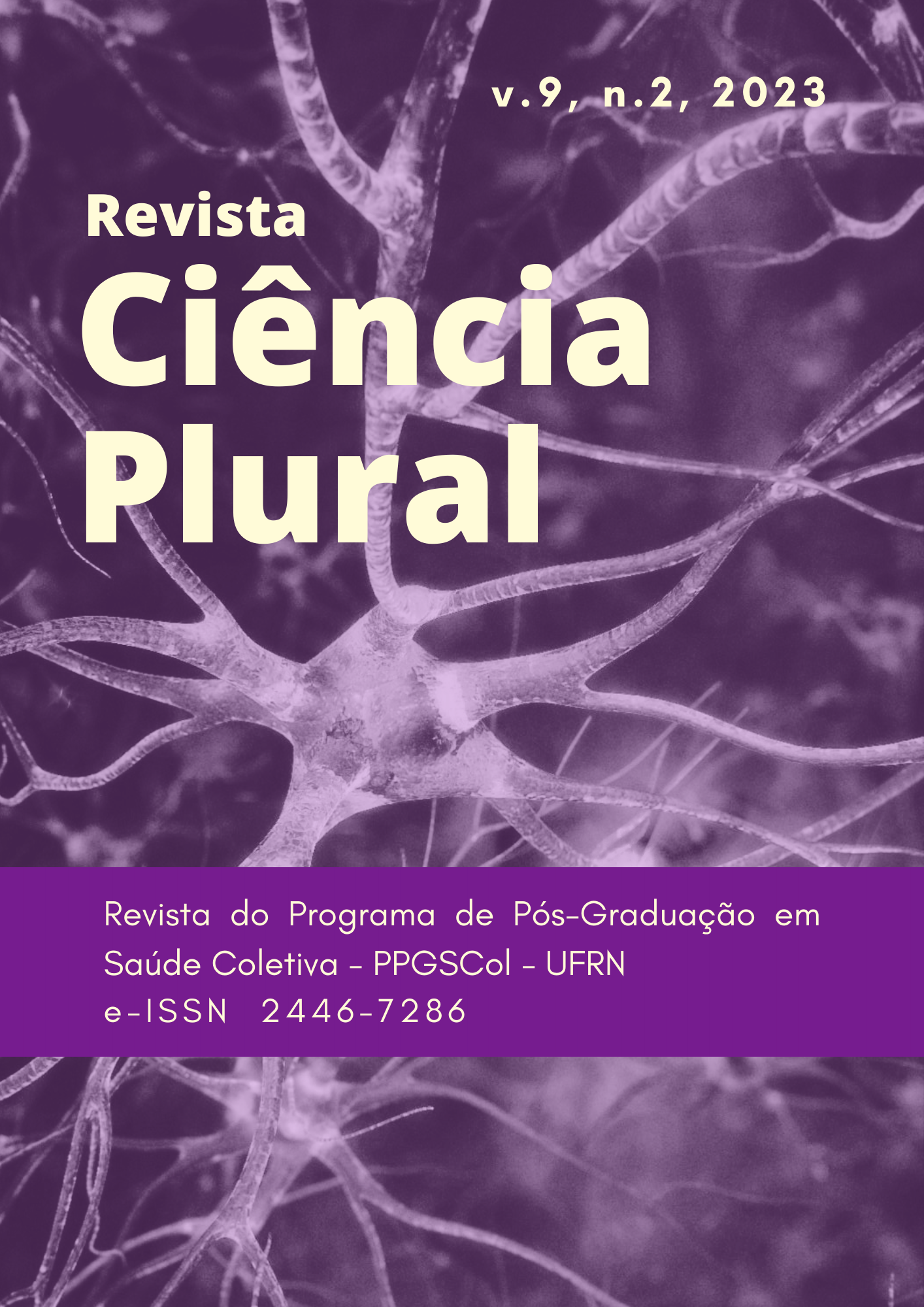DESAFIOS DA IMPLEMENTAÇÃO DA REDE CEGONHA: REFLEXÕES SOBRE PLANEJAMENTO E AVALIAÇÃO DOS SERVIÇOS DE ACOLHIMENTO COM CLASSIFICAÇÃO DE RISCO OBSTÉTRICO
DOI:
https://doi.org/10.21680/2446-7286.2023v9n2ID29306Abstract
Introduction: Considering the cycle of Public Policies, planning and evaluation are crucial elements, favoring organization and value judgment regarding an intervention or any of its components, involving both those who use the services and those who produce them. From the perspective of improving the care provided to women and newborns at the gateway to maternal and child care services, the Reception with Obstetric Risk Classification (ACCRO) is carried out as a tool to support clinical decision-making which aims to identify critical or more severe patients, allowing for a quick and safe care according to the potential risk, based on existing scientific evidence. Objective: To carry out a theoretical reflection on the advances and limitations related to the planning and evaluation of ACCRO services. Methodology: This is a descriptive study, in the form of a reflection article, in which two categorical dimensions were defined that portray the context of planning and evaluation of ACCRO services. Results: We realized that it is still possible to identify many edges in the planning and quality of the provision of this type of service, especially with regard to ensuring comprehensiveness and care according to the needs of women. Conclusions: In order for an articulation between the different actors to be achieved, planning strategies are necessary that make it feasible to seek care quality and that provide conditions for evaluating this assistance provided.
Downloads
Downloads
Published
How to Cite
Issue
Section
License
Copyright (c) 2023 Revista Ciência Plural

This work is licensed under a Creative Commons Attribution-NonCommercial-ShareAlike 4.0 International License.
À Revista Ciência Plural ficam reservados os direitos autorais referente a todos os artigos publicados.

 Português (Brasil)
Português (Brasil) English
English Español (España)
Español (España)










2.png)
